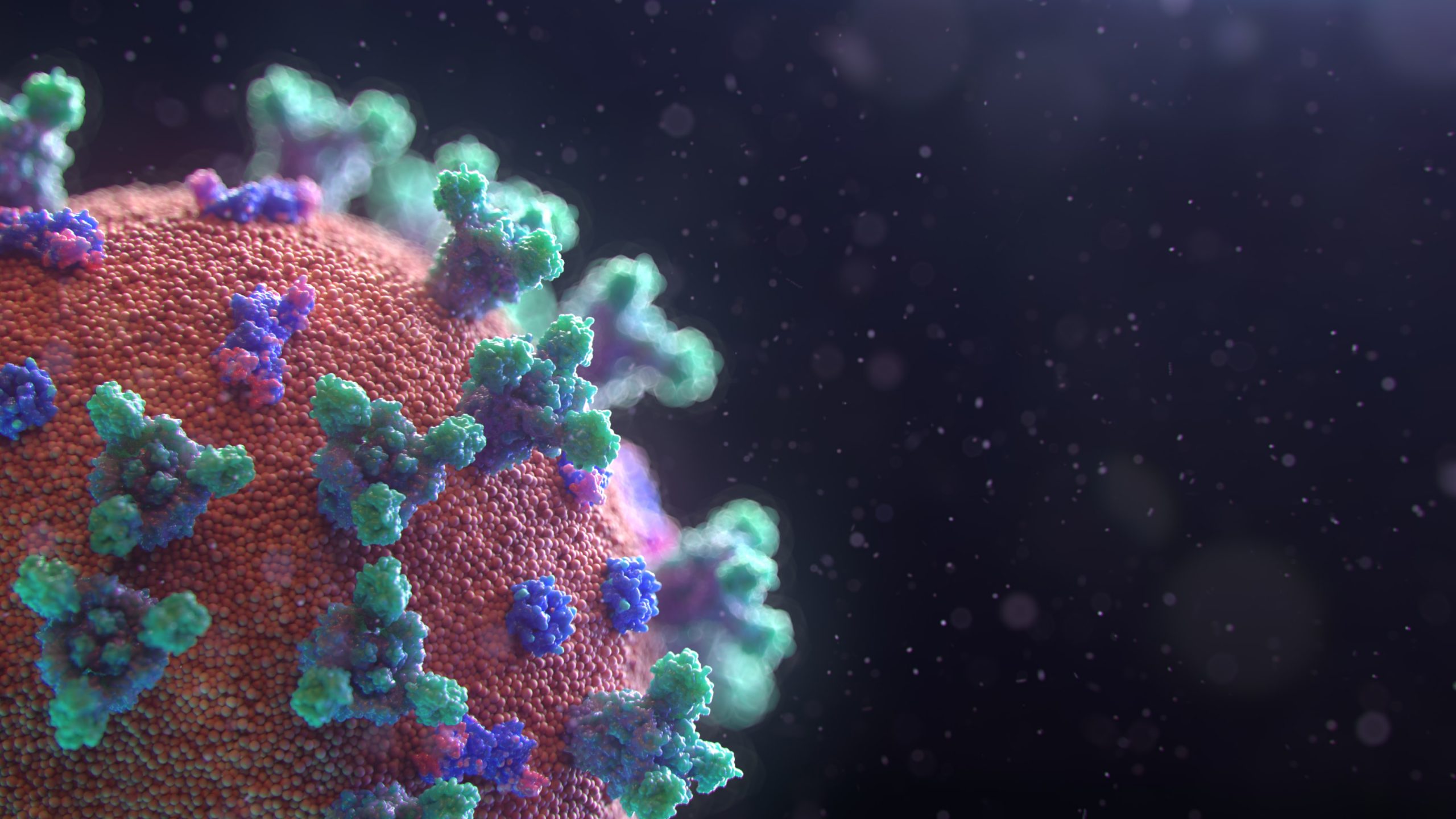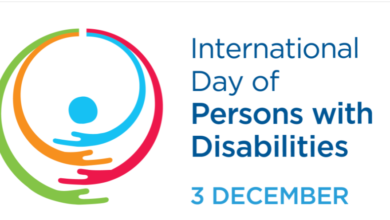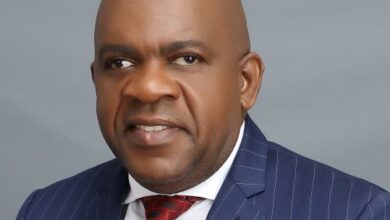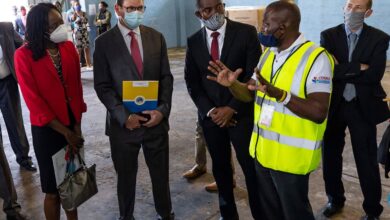Persons with disabilities are regarded as one of the most vulnerable groups in any society. Their vulnerability is due to stigma and discrimination and ensuing social barriers which have restricted their inclusion and participation in governance, cultural and social issues and denied or limit access to services and programmes on an equal basis with other members of society in which they live. This vulnerability makes them susceptible to varied challenges of life. One such challenge that impacts them is that of the disease COVID-19.
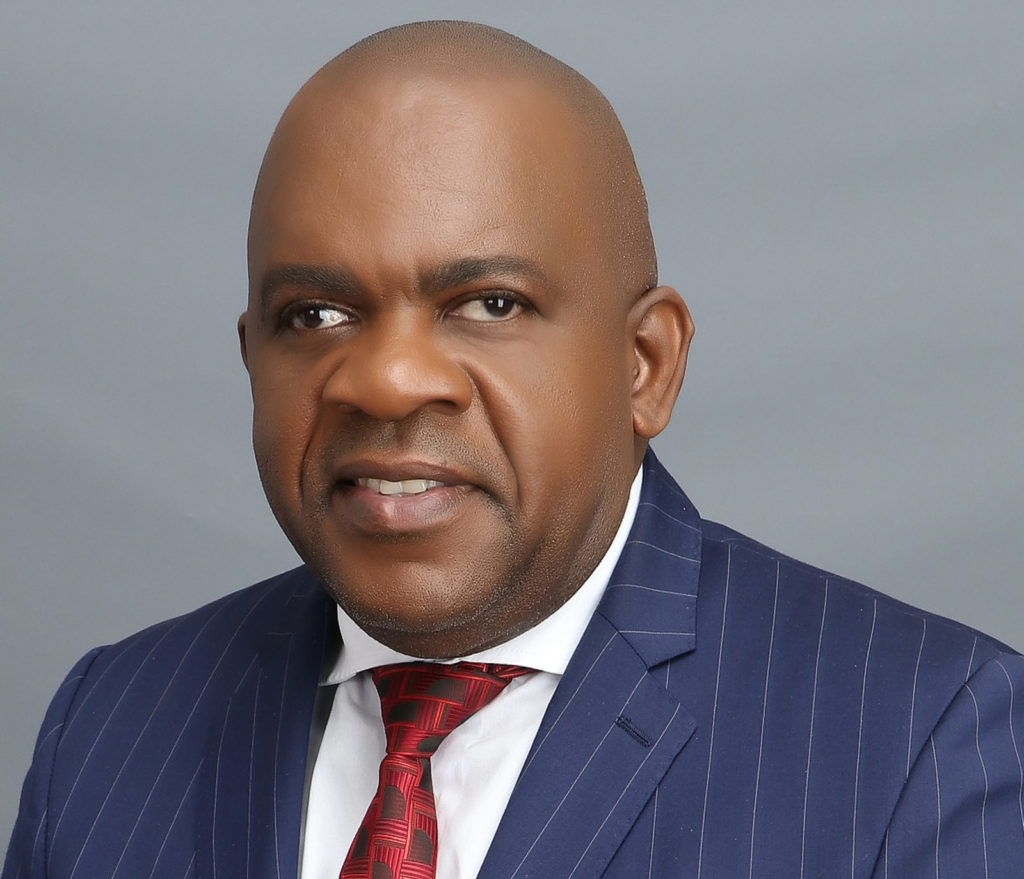
COVID-19 has been declared as a global pandemic by the World Health Organization (WHO). Since its first manifestation in December 2019, it has affected over 1 million individuals in over 200 countries across the world and has killed over 70,000 people. The WHO has cited persons with disabilities among the vulnerable groups as being particularly susceptible to the disease as most of them have underlying conditions that can be exacerbated by the coronavirus.
Furthermore, the pandemic has increased the burden on health care systems in countries to the extent that persons with disabilities who normally experience significant challenges in accessing health services are less likely to receive attention during the pandemic. The consequence of such disregard is death.
One must recognize that persons with disabilities are human beings and as such, have the right to quality health care as anyone else. Article 25 of the United Nations Convention on the Rights of Persons with Disabilities (CRPD) reaffirms this right to health care for persons with disabilities. There are different types of disabilities and one must seek to understand how to treat and relate with them.
This document categorizes and highlights the major types of disabilities and provides key considerations for addressing each. It also provides some things for health professionals to comprehend about persons with disabilities and what to do if they should contract coronavirus. The list is not exhaustive but should be construed as a guide to dealing with these vulnerable citizens in a time of preeminent health crisis. The things to know are:
- There are eight major categories of disabilities and these are: blindness/visual impairment, deafness/hard-of-hearing, speech disorders, physical disabilities, mental disabilities, intellectual disabilities, learning disabilities and neurological disorders.
- A blind person or an individual with a visual impairment is someone with major problems with his or her eyes and these problems can come about due to varied disease. One significant disease to contribute to blindness is that of diabetes that can lead to glaucoma, diabetic retinopathy or diabetic macular edema. The diabetic condition makes the blind person extremely vulnerable and these individuals must be very careful at this time since the diabetes has already compromised their immune system.
- If the blind person contracts the COVID-19, then support mechanisms must be put in place for this individual. This individual will be isolated and will therefore be alone for most of the time. Arrangements must therefore be made to ensure that attention is given to this individual and that the necessities are available for him or her. Please take note that blind persons are auditory individuals and as such, they listen attentively and hear voices keenly and so they must be spoken with on a consistent basis and in a descriptive manner.
- Deaf or hard of hearing refers to the total or partial loss of hearing. A deaf person has no hearing and a hard-of-hearing person has some degree of hearing. These hearing loss can be caused by myriads of factors including accidents and excessive noise. Deaf or hard-of-hearing persons are visual beings, in that they depend on their sight for daily functioning. It is therefore imperative that when dealing with a person who is deaf or hard-of-hearing who has contracted the coronavirus, that Sign Language or some form of captioning is made available. This means that a Sign Language Interpreter or a caregiver will have to be involved with the medical team caring for the person who is deaf or hard-of-hearing.
- A person with a physical disability is one who has lost a limb or has a physical impairment which affects a particular body part. A physical disability can occur because of multiple factors. In the context of this paper, the most concerning are those individuals who have developed a physical disability through diabetes or hypertension. Diabetes can contribute to the loss of a limb and also a stroke that restricts physical movement. Similarly, an individual with uncontrolled hypertension can develop a stroke. With both diseases, persons with physical disabilities are extremely vulnerable to the coronavirus. If any individual with a physical disability should contract the COVID-19, then particular care will have to be given to them whilst they are in isolation. Someone has to be around to give support and in this context, special equipment and protective gear will have to be provided for these individuals. Special consideration must be given to the location where these individuals will be isolated as the issue of accessibility is paramount to their functioning.
- Persons with speech disorders are individuals who have problems in speaking and expressing themselves vocally. This occurs because of a range of factors. Whilst there are no recognized underlying conditions relating to speech disorders that can be exacerbated by the coronavirus, there can be problems communicating with these individuals if they should contract the COVID-19. In this context, special efforts should be made to communicate with these individuals by writing so that they can understand what is taking place and to provide a possible response.
- Learning disabilities constitute the inability of an individual to function effectively in a learning environment. This inability to function can manifest itself verbally, linguistically, mathematically, graphically and a number of other ways that will cause the person to underperform in a particular academic area. These disabilities are regarded as the “hidden” disabilities because they cannot be seen or observed by the naked eyes. In the context of COVID-19, one would have to identify the particular learning difficulty and formulate the strategy to relate to the individual. For example, if a person has a difficulty in reading and writing, it is obvious that the person has a learning disability. In this regard, oral communication is the means by which the medical professionals should relate with this person. There is no need for extra-special support for such an individual, unless he or she has another type of disability.
- Mental illness is one of the major categories of persons with disabilities. It ranges from mild depression among young people to the more complex dementia in older persons. Special attention has to be given to these cases because the person with the mental illness will require 24 hour assistance and a caregiver has to be available to give support. In this context, special supportive equipment and gears will have to be provided for the caregiver to attend to the person with mental illness who has contracted COVID-19. Simultaneously, efforts must be placed on treating the mental illness of the person with the disability in order to bring about a stable environment to treat COVID-19.
- Neurological disorders are critical forms of disabilities. A neurological disorder is a condition that affects the health, function and even structure of an individual’s nervous system. The nervous system is a collection of tissues and cells that serve to transmit electro-chemical signals about the body in order to stop or promote a voluntary and involuntary action. When there is an interruption in the electro-chemical signals, it contributes to a neurological disorder. These neurological disorders can contribute to disabling conditions such as cerebral palsy and epilepsy. In the case of the coronavirus, it can pose chronic problems for these individuals. For example, an individual who is epileptic can develop significant complications through a seizure and therefore will need specific attention if he or she should contract the coronavirus. Again, any individual with a neurological disorder that results in a disabling condition will need to have 24 hour attention and therefore a caregiver will have to be involved with the medical team administering to the individual.
- Intellectual disability is another preeminent category of disability. It is a disability that is characterized by considerable limitations both in intellectual functioning (reasoning, learning and problem solving) and in adaptive behavior, which covers a range of everyday social and practical skills. This disability generally occurs before the age of 18. It ranges from mild intellectual functioning to profound. If an individual with intellectual disability should contract the coronavirus, one must determine where the individual falls on the spectrum. This is imperative to determine the extent of support that the person will need. It must be noted however that if the individual has severe or profound intellectual limitations, then there will be the need for a caregiver to be around to consistently give support. All the relevant equipment and gears will have to be provided for this caregiver as well.
The above cited scenarios are by no means exhaustive. However, they are developed to give an indication to health professionals as to how to treat and relate to persons with disabilities if they should contract the coronavirus. Having an understanding of the types of disabilities and how to relate to these individuals are quintessential in providing the best health care for these vulnerable citizens if they should develop COVID-19. Persons with disabilities are human beings and therefore one must always remember that they too have a right to quality health care, irrespective of the circumstances.
By Senator Floyd Morris, PhD
CARICOM Special Rapporteur on Disability

